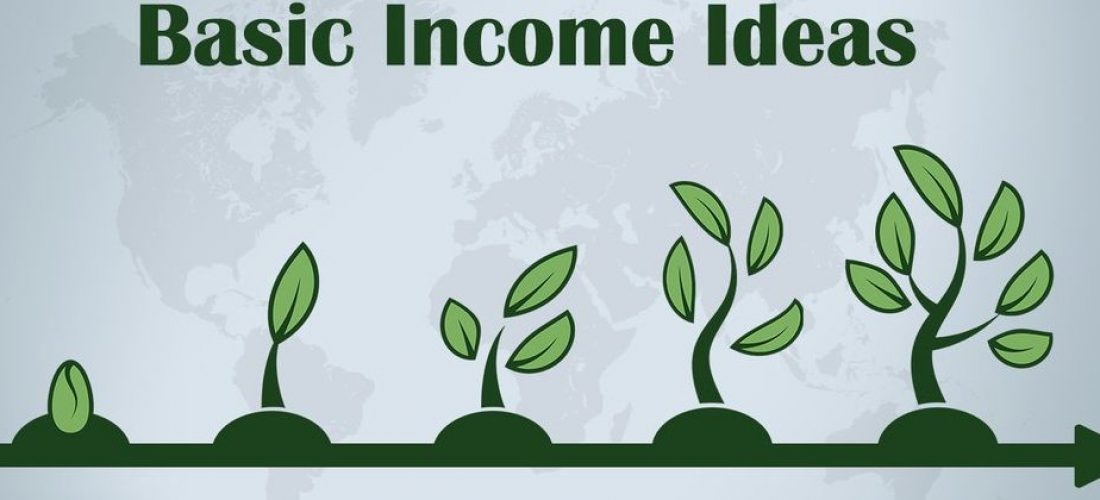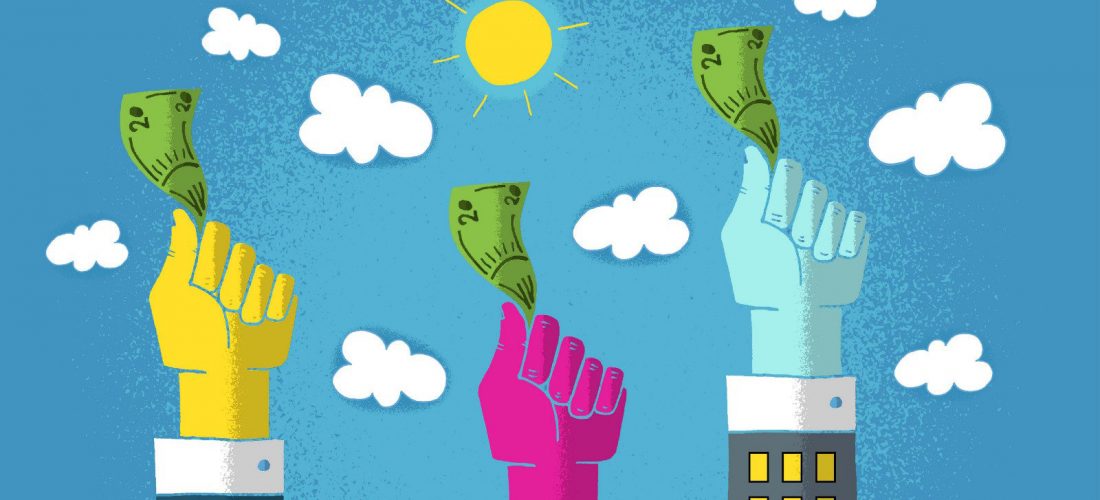There are many arguments in favour of moving towards a basic income system as an anchor of a 21st century income distribution system. The primary arguments are ethical rather than instrumental. They are about underpinning a good society, not about poverty per se. It is fundamentally a matter of social justice. This is argued elsewhere, and is not the subject of this short contribution. Here I would like to focus on how a basic income could enhance freedom.
Freedom is a bit like the weather. As Mark Twain said, everybody complains about the weather but nobody does anything about it. Everybody says they are in favour of freedom, and no politician misses an opportunity to say how passionately he or she feels about it. But check on the policies they have supported. One is likely to find they have done very little to preserve or enhance it, at least not for large segments of society. Anybody supporting universal credit in Britain cannot plausibly claim they believe in people’s freedom from state control.
A basic income would be a modest amount of money, paid in cash or some equivalent. It would be paid to each person as an individual, regardless of household or family status. It would not be conditioned upon prior behaviour, such as a record of employment, nor on current behaviour, such as a proven record of job-searching, nor on any future behaviour. It would be an economic right, paid to every legally recognised usual resident of a country. As a right it would be non-withdrawable and permanent, only subject to change by democratically acceptable processes.
One aspect of the definition is that no specific level is necessary. Some advocates favour a large weekly or monthly amount; others favour a modest amount. I believe it necessarily must start at a low level, giving less than any conventional measure of ‘subsistence’ or ‘basic need’. But whatever the amount, as long as it is meaningful, it will enhance freedom.
There is no reason for it to replace existing state benefits, although an implied objective of any sensible basic income advocate is the gradual phasing out of means-tested and behaviour-tested social assistance, as long as nobody is made worse off by doing so. As the value of the basic income rises, the monetary value of other benefits could be determined mainly by the additional costs of living and loss of income associated with a person’s circumstances (disability, unemployment, etc.).
Three forms of freedom
There are three types of freedom a basic income would enhance. First, there is what might best be described as libertarian freedom. This is the freedom to make choices, the freedom from constraint, and the freedom to say ‘no’ to options one does not like, particularly in the labour market. That is the freedom on which Conservatives and Christian Democrats, and Republicans in the USA, have traditionally based their ideology. But most are intentionally or otherwise intellectually dishonest, since unless you have something like a basic income, you cannot have this form of freedom. Those without income security have to put up with what is on offer.
Those on the political left have also been lax in this respect, since Social Democrats and Socialists have singularly failed to give freedom of this sort any attention. Usually, they have pinned their hopes on full employment and the norms of labourism. This ignores those who are not their perceived norm and it denies the freedom that would come if workers and everybody had a basic income.
The second form of freedom is more interesting, and is less articulated by politicians of any hue. This is classic liberal freedom. It is not freedom if the state provides the options and determines the choices, even if it sets out to be guiding people morally towards making ‘the right choice’. For a classic liberal, paternalism of any variety is unacceptable unless it is protective of the naturally vulnerable, as probably in the case of children, the mentally disabled, and the frail elderly. The great claim for a basic income is that it satisfies liberal freedom by enhancing the freedom to be moral – the freedom to make morally good decisions myself – and not because some state bureaucrat says that is what we should do.
The third, and related, form of freedom is best described as republican freedom. This is the freedom from the power of unaccountable domination by persons in authority or influence. It is not freedom if I can do something only as long as I have the permission or implied consent of somebody, be it a spouse or bureaucrat or community elder, or whoever. It is not freedom if a woman has to ask a husband if she can do something, and it is no more so if he is a benevolent man who rarely if ever intervenes. The fact that, should he wish, he could intervene is what limits republican freedom. This is what basic income aspires to provide by being individual, unconditional, and non-withdrawable. Having guaranteed basic security is, to recall a famous phrase, to pass the eyeball test: the ability to look at others as equals.
Nobody should be misled into thinking that what we propose is a panacea. Advocates of basic income certainly do not believe this is the case. A basic income by itself would not provide total or even adequate freedom in any of the three respects. We all also need agency or voice, to combat oppression and exploitation. However, a basic income is a necessary condition for advancing freedom.
There is one further aspect that should give all those with an interest in social policy a cause for supporting basic income. As we discovered in the course of our pilots in India, the emancipatory value of basic income is greater than the money value. In every other social policy, one could argue that it is the other way round, to a greater or lesser extent. Money matters, particularly money without behavioural conditions attached to its receipt. For someone in income poverty, and in low-income communities and households, money is a ‘scarce commodity’.
It is basic economics that for any commodity deemed to be scarce the price goes up. Thus, not only do low-income people and communities tend to drift into debt, but they also find that the price of loans and credit shoots up. If a basic income is introduced, the scarcity of money declines and the price of loans and credit shrinks, enhancing the income to a greater extent than measured by the basic income alone.
Experiments in several countries have demonstrated that people who have basic security become more altruistic and tolerant, and thus better citizens. Basic income also strengthens resilience to life’s shocks and hazards. In reducing feelings of stress, which I have depicted as one of the eight giants blocking our route to a good society, it not only improves health and thus frees up money for other purposes or needs, but it also leads to more rational and long-term decision-making.
There are other reasons why any basic income is emancipatory. By sharp contrast, all the means-tested and almost inevitably behaviour-tested social assistance schemes currently in vogue, most notably universal credit, impose costs on recipients than make the emancipatory value well below the monetary value. The trouble is that too many politicians and policy designers and evaluators do not care. We should.







